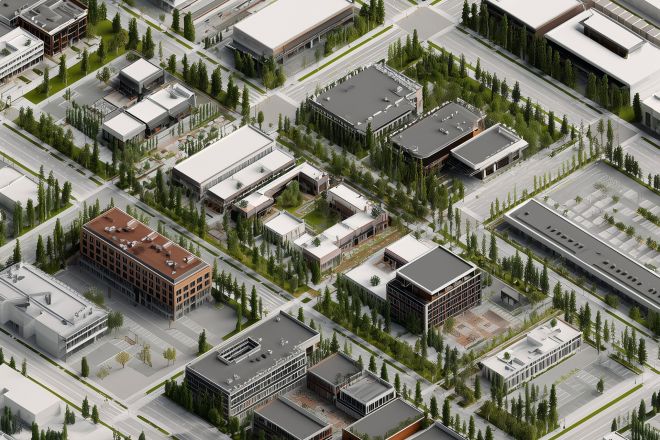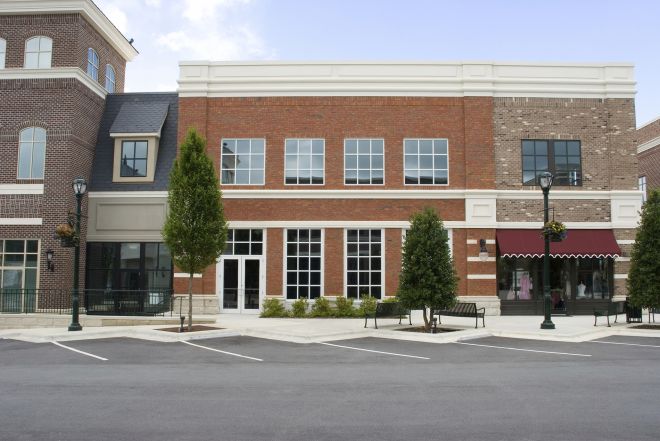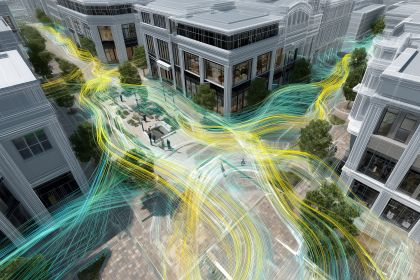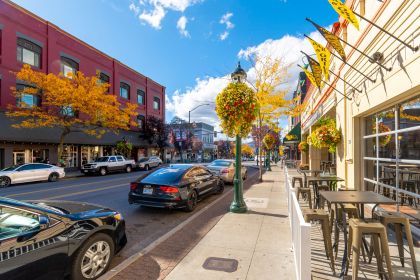
Unlocking Insights: How Foot Traffic Analytics Drives Business Growth
...


...

...

A miscalculated location can result in an underutilized facility, reduced patient satisfaction, and financial losses. Conversely, a well-placed facility ensures… ...

The future of healthcare is decentralized, data-driven, and focused on the patient experience. As systems evolve to meet new expectations… ...

The term "cannibalization" in business often triggers negative reactions. Decision-makers might shut down or cancel a project because of fears… ...

When you think about maps, images probably come to mind of paper fold-out roadmaps or perhaps an atlas you used… ...

In the fast-changing world of retail, it is not enough to simply know how many people are visiting your store.… ...



